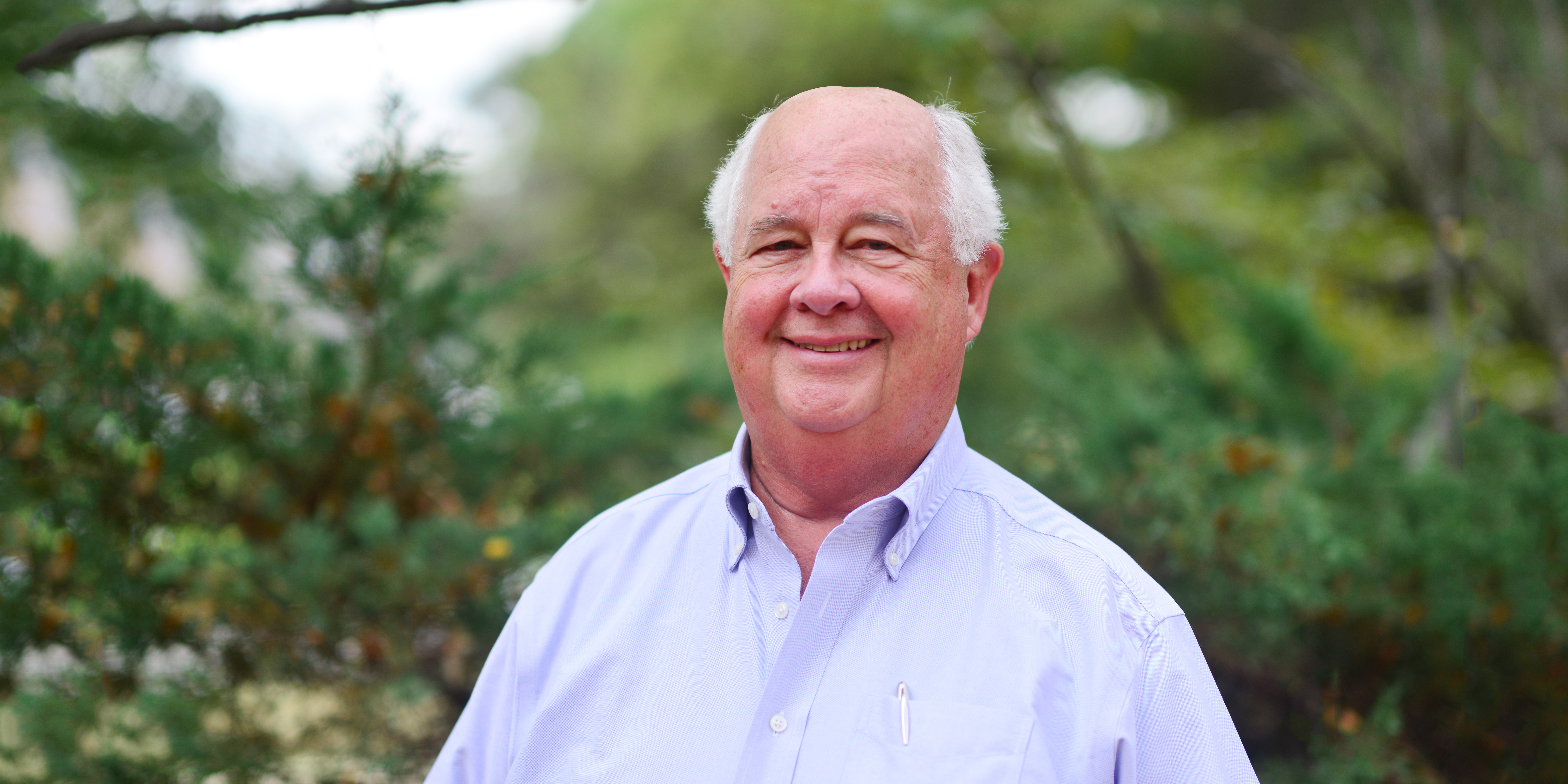Context
At the University of Maryland, when the campus closed suddenly in March 2020 as a result of the Covid-19 pandemic, all classes moved to the online environment. This was not a problem for the graduate courses offered by the Project Management Center for Excellence. Our faculty regularly teaches both on campus and online courses so each instructor has an extensive library of previously recorded lectures and uses our LMS (Canvas) for assignments for both on campus and online courses. The graduate faculty have years of experience facilitating virtual classes, discussion groups, and assignments so the sudden switch to all online was literally seamless.
Our undergraduate courses, however, have all typically been taught on campus so only a few of the instructors had experience teaching an online course. That is when I began writing a series of short guidance documents to assist them in transitioning to a 100% online environment. You can view all the articles on my Directors Blog. In addition to writing those guidance documents, we conducted a series of quick hands-on demonstrations via Zoom to assist them in recording short lecture videos and posting them in our LMS so students could review the materials prior to attending the live virtual class. Many of our faculty applied for and received grants from the university’s Provost to fully prepare their courses for the virtual teaching environment. They used the summer of 2020 for this preparation and by the 2020 fall semester, all of our faculty were prepared to teach in the virtual environment. Responses from students have been very positive with many students now preferring to take our courses online, even if they live on campus!
As we prepare to return to some version of “normal”, meaning classes are scheduled to be back on campus this Fall, I asked our faculty what they have learned over the past 18 months that they will incorporate into their in-person campus courses. What I heard loud and clear is “let’s not return to the way we taught before the pandemic; let’s apply what we have learned to have an even better learning experience for our students and faculty.”
You may have noticed that there have been a lot of educational articles recently about moving forward and not being stuck in the past. With that thought in mind, I would like to share with you some feedback from our faculty about what they have learned and how our team will operate moving forward. Bear in mind that in addition to teaching online, our instructors use the ‘flipped classroom’ philosophy which uses class time for active learning assignments as discussed in my September 2020 article, Blended Learning Classroom Guidance.
Our Faculty Feedback
-
- Zoom is under rated! It has some distinct advantages over live classes.
- The virtual environment has advantages in hosting guest speakers. They can be anywhere and don’t have to travel to campus. It opens us up for global guests!
- Intuitively, my sense was a higher level of student participation during online sessions than in the classroom.
- Students favored the ability to have recorded class discussions to refer to in the event they missed class or wanted to refer back on certain topics.
- What did I learn from teaching online? My only lesson is that it works! It almost seems to work better as the students who don’t want to get up in front of class are more willing on Zoom.
- The “breakout room” feature in Zoom is very efficient. When I wanted to have a group breakout session in a live class, the students would have to change seats. Do you leave your laptop on your original seat or take it with you? Do you take your coat with you or leave it in the original seat? Sounds easy but it is a little disruptive. On Zoom, it takes a few seconds and is effective. Going back to your original seating is seamless. Also, on Zoom, it lets the teacher join in a breakout room without the other rooms hearing it.
- Student’s desire asynchronous interactive engagement outside of the classroom. Canvas discussion boards are not as conducive for these as other technologies like Yellowdig[1].
- Using Yellowdig as a discussion platform that is integrated into the structure of the course was very successful. The result was increased student engagement not only with the course content but with each other. For more information on Yellowdig see our article: Can You Increase Student Engagement.
- Moving back to campus I plan to fully adopt the flipped classroom approach and use class time for applying the concepts covered in the readings and lecture videos.
- The nice thing about breaking a 2 ½ hour lecture into several smaller videos is that it is easy to make updates on the fly without having to re-record long lectures.
- The short videos seem to keep the student’s attention much better. And, if there is content they want to revisit, it is quick for them to find the lesson module.
- I really enjoyed the online environment – more so than I thought I would. I see great value in not spending class time lecturing. Having those videos accessible before our in-person time – i.e. best of both online and in person – is something that I plan to try in the Fall when we are back on campus.
The following is from Dr. Bill Brantley, one of our adjunct professors who has extensive experience teaching online for the past 20 years – “It is still about the passion and expertise you bring to your teaching, whether in the class, flipped classroom, or online. Learn to work with the technology to make your presence felt, even through recorded presentations. The best thing I did to improve my teaching skills was to take improv classes. You are not the sage on the stage, but you are the guide on the side. Students want to learn from you, but they don’t want to be lectured at. Think of yourself as a knowledgeable tour guide of the knowledge field you both are studying. Help the students explore the field by themselves while you point out the fascinating features of the knowledge landscape.”
Top Hat Field Report
Top Hat, a leading active learning online platform, conducted a survey of college students to discover how they felt about their online learning experiences during the covid pandemic. The report, titled 3,052 College Students on the Good, the Bad and Learning Post-Covid, “provides insights to help institutions and educators create the right conditions for more students to receive and perceive meaningful value from their college investment.” [2] Below are a few that are consistent with our findings.
-
- Most students emphasize that faculty mentorship (76 percent) and community in the classroom (71 percent) are important factors in realizing value from their higher ed investment.
- Most students do not want passive education, instead valuing regular feedback from their instructors (85 percent), opportunities to develop transferable skills (79 percent), and active learning activities like discussion and collaboration (67 percent).
- Students who receive regular, ongoing feedback from their instructors are more likely to see the value of their higher ed investment, feel engaged in their coursework, and rate the quality of their overall online learning experience as good or excellent.
Going Forward
The Covid-19 pandemic is a crisis that has created the opportunity for change at a faster pace than would normally occur. Our faculty has learned from the experience. All of our courses are converting to the flipped classroom approach whether they are on campus or online. Teaching virtually is now accepted as one of our educational tools and moving forward, our campus courses will be hybrid models that will include a number of weeks where the class meets virtually. It is very important for campus students to master the art of working together virtually – that is the way much of the professional world is now working.
Our faculty have fully embraced the concepts of blended learning and flipped classrooms as discussed in my articles since May of 2020. Some of the changes that we have incorporated include:
- Small, modular video lessons for flipped classroom learning.
- Knowledge checks before class covering the reading assignments and video lectures.
- Workshops, instead of discussions, for the application of learning – students love it and gain experience presenting to the class.
- Breakout teams rotated so the students work with different students each week.
- Projects are paced with intermediate deliverables to ensure completion and early detection of any issues.
- Online tools are to field questions quickly– much more effective than “virtual office hours” – using Yellowdig and Slack – also provides a log of answers!
The result is a better and more efficient experience, and a lot higher student engagement.
In May 2020 we began “a short series of articles for educators and institutions” in the PM World Journal to share our experience in “Converting to Online Teaching”. This is the final article in that series, but I am happy to share ideas and our experience with any of you. You can contact me at: jcable@umd.edu.
[2] Top Hat Field Report “3,052 College Students on the Good, the Bad, and Learning Post-Covid”
This article appeared in PM World Journal, Vol. X, Issue VIII, August 2021.

John Cable, Director, Project Management Center for Excellence, University of Maryland
How to cite this article: Cable, J. H. (2021). Converting to Online Teaching: A series of short guidance articles for educators and institutions –What Have We Learned, PM World Journal, Vol. X, Issue VII, August.
Posted by Kathy Frankle on August 6, 2021

 Data Analytics for the Project Manager
Data Analytics for the Project Manager